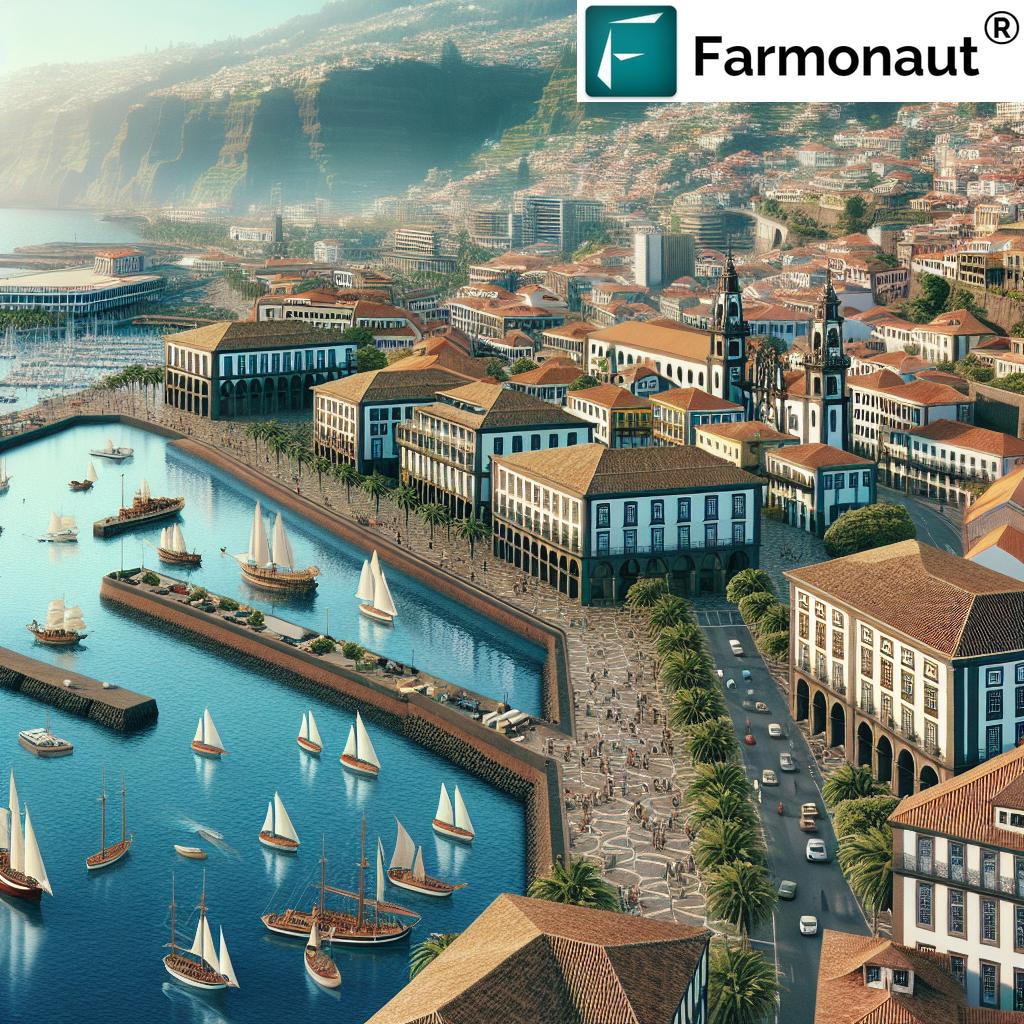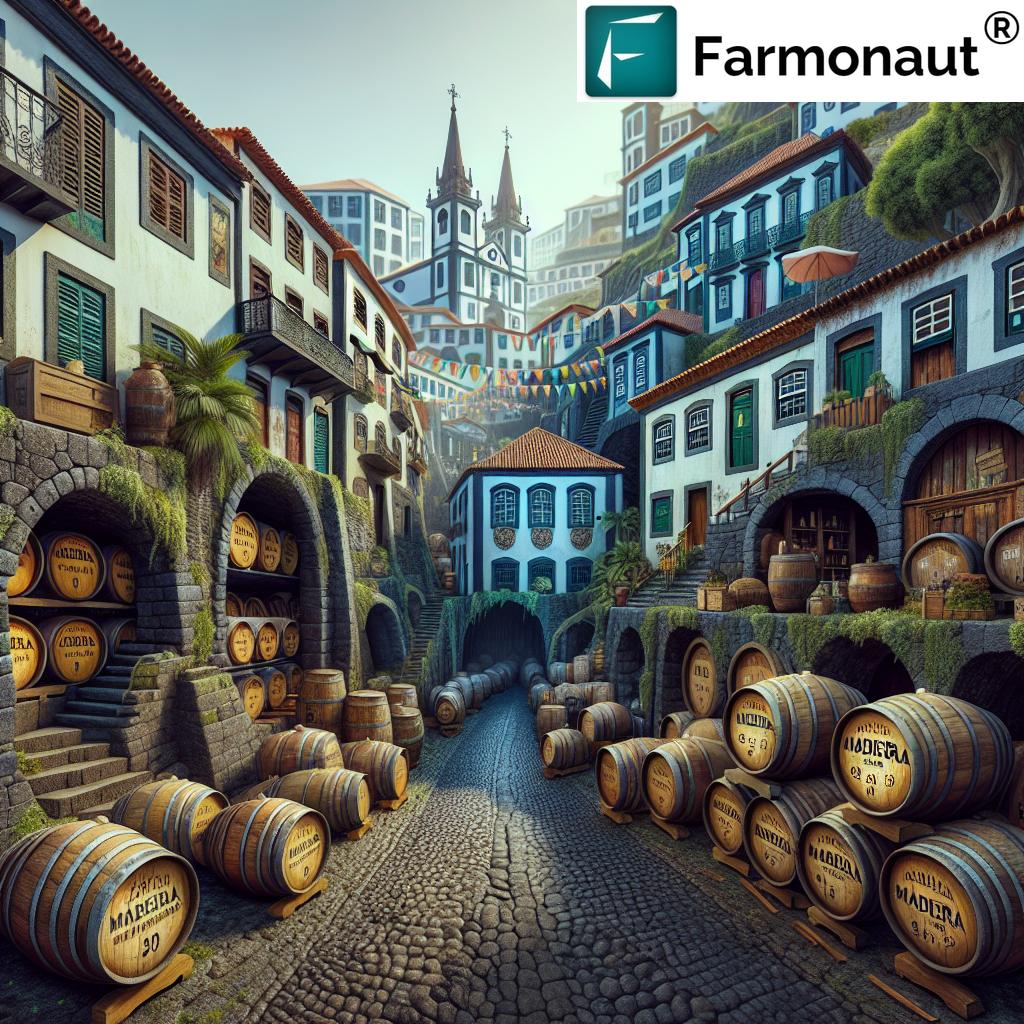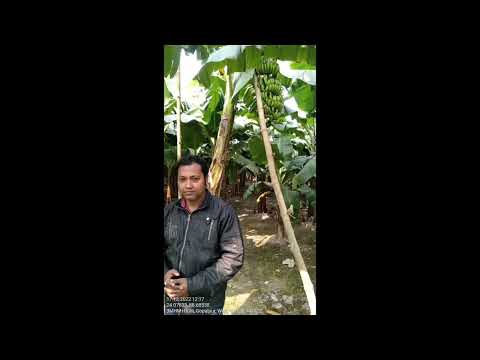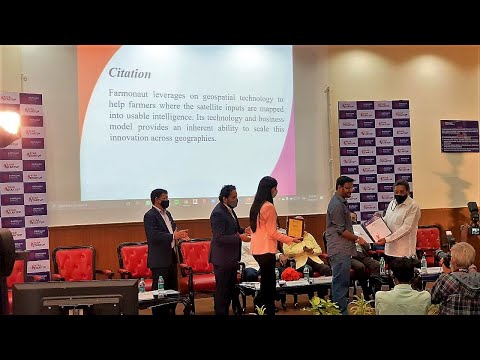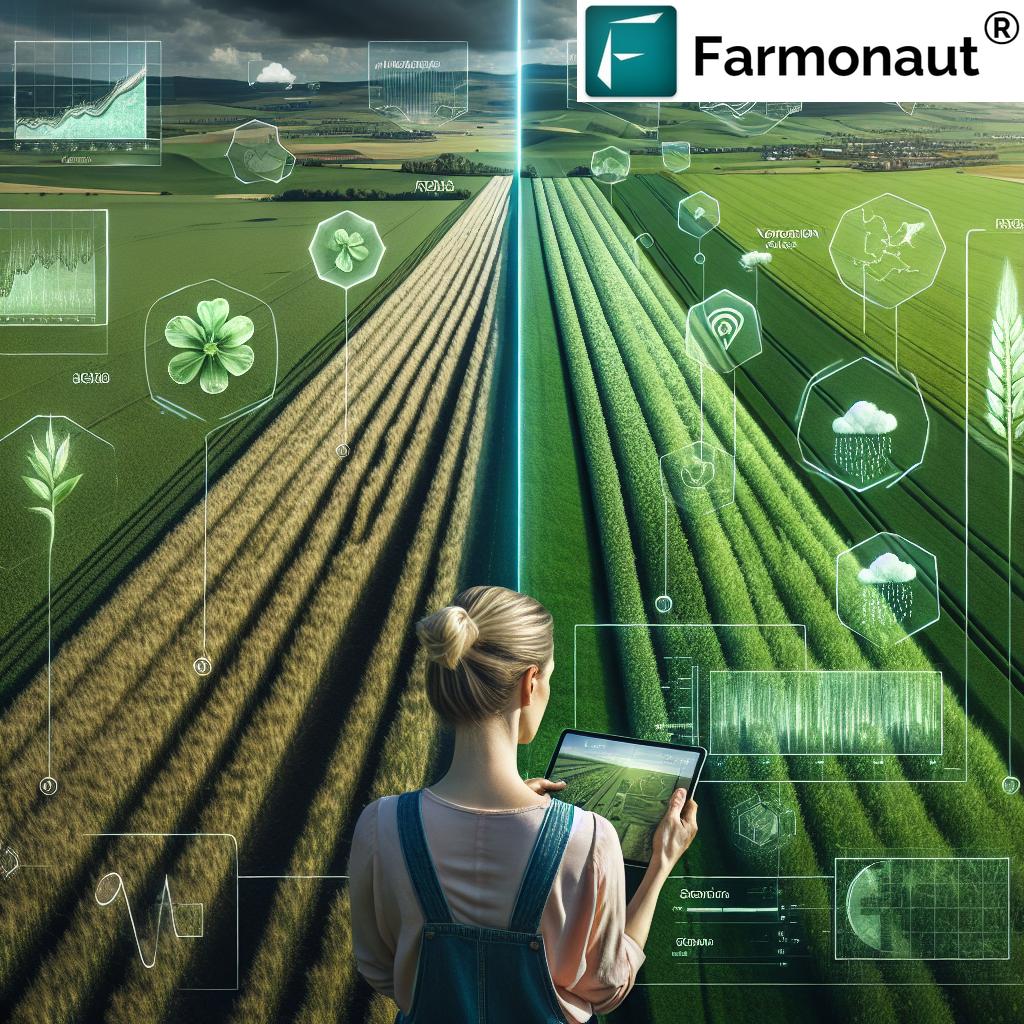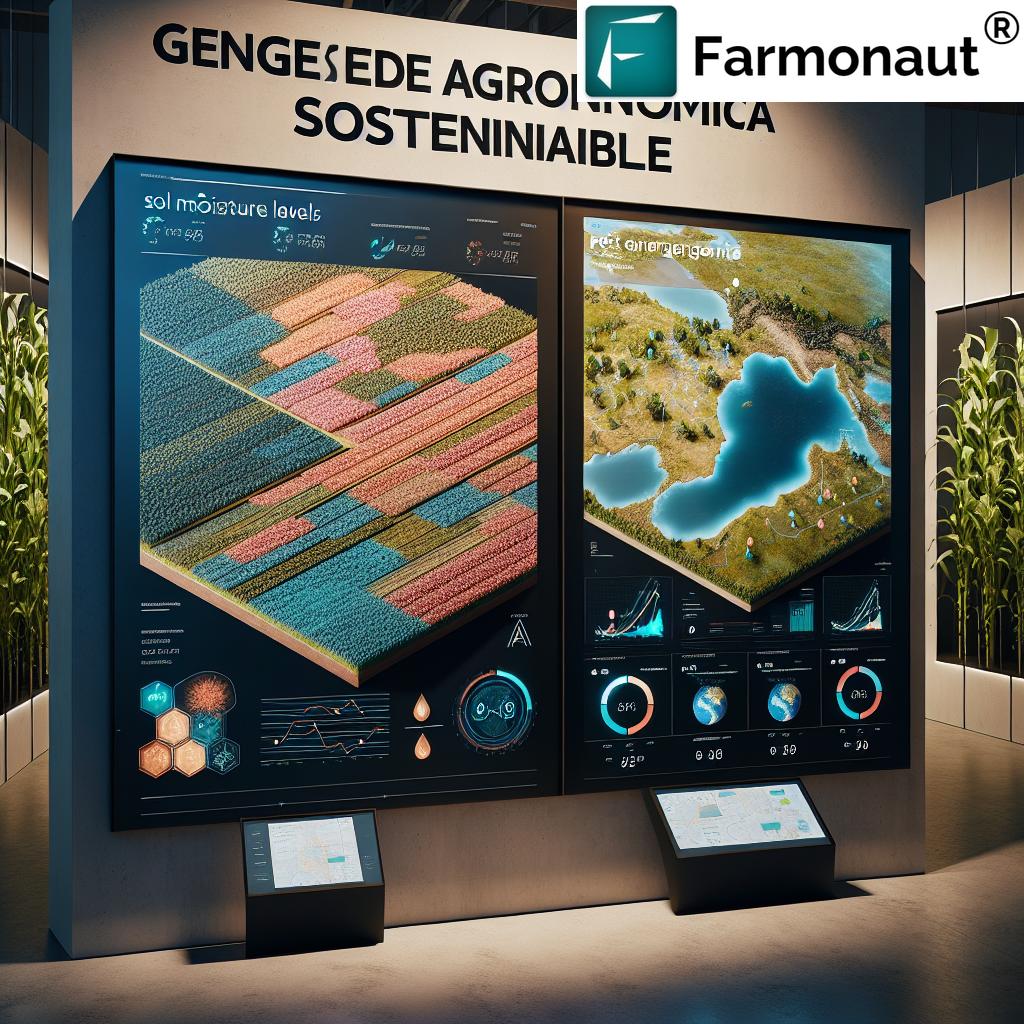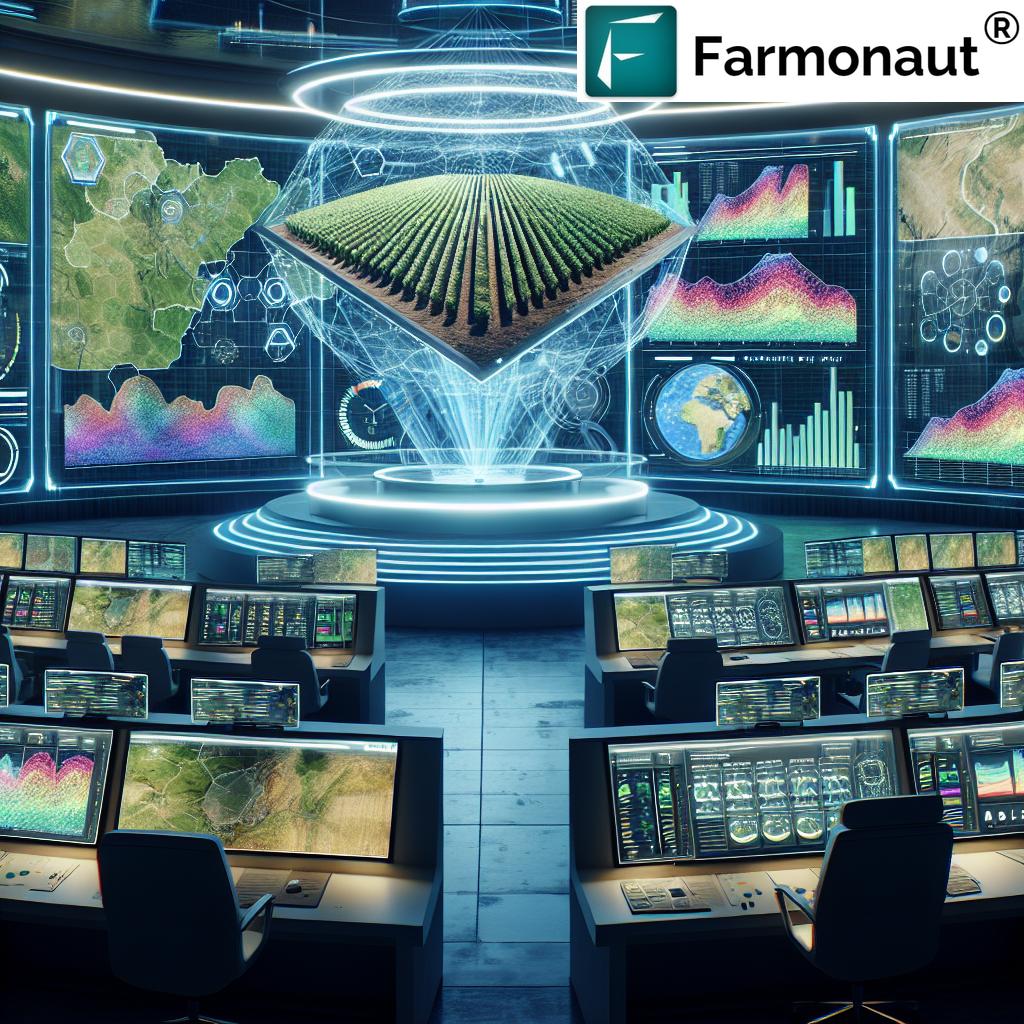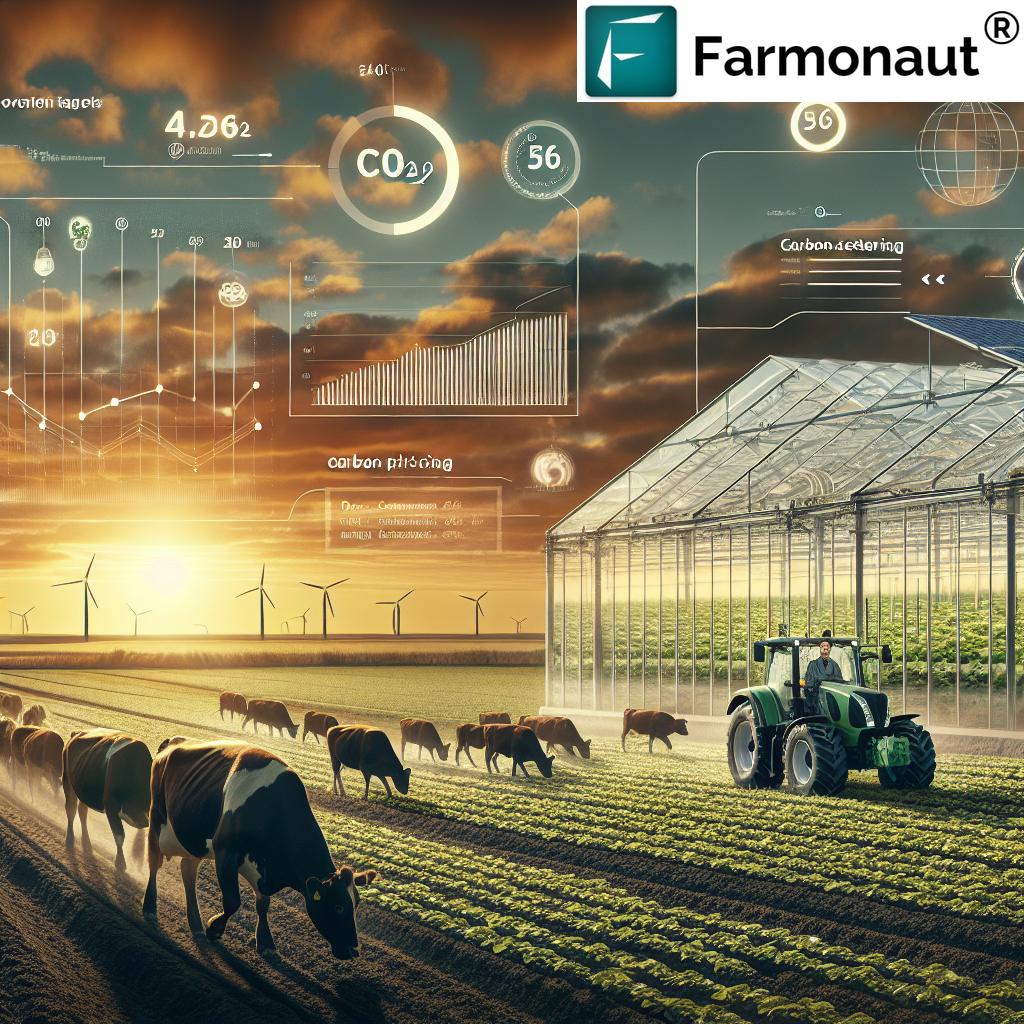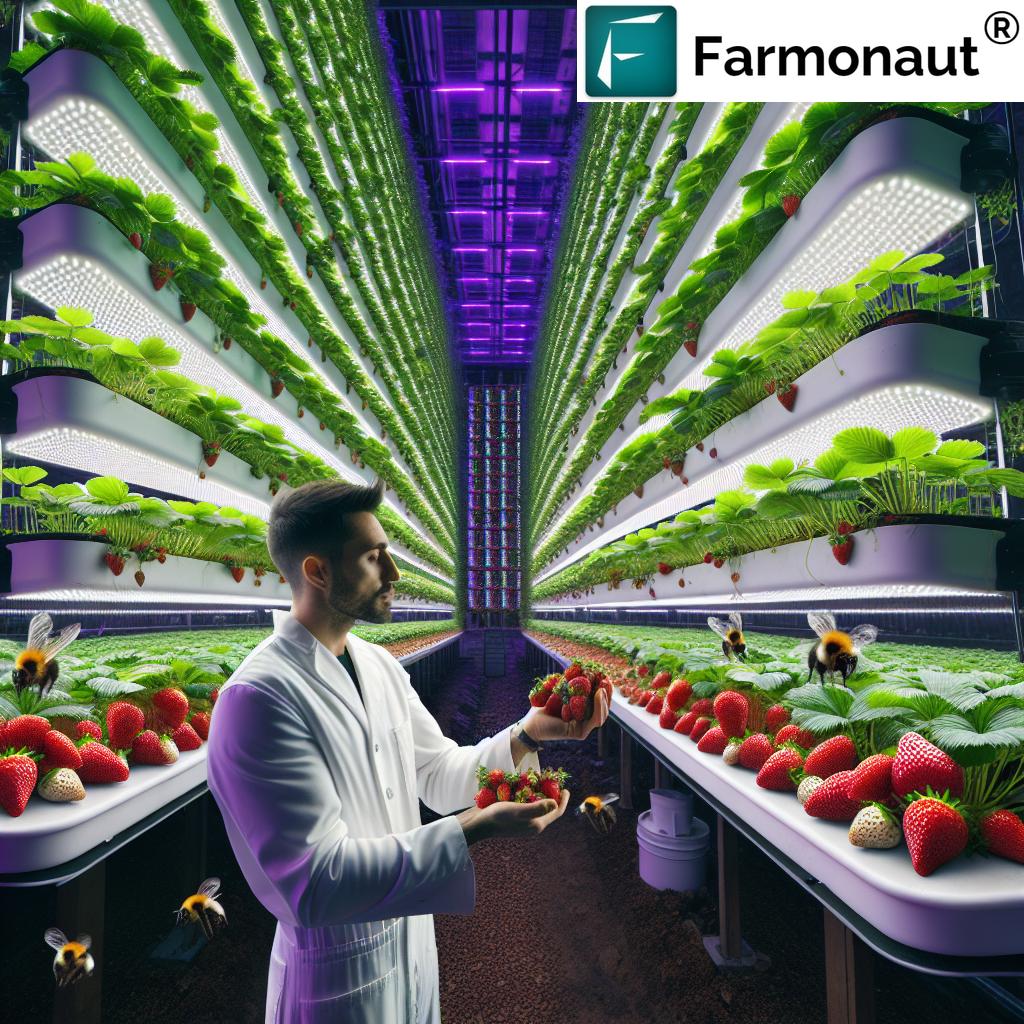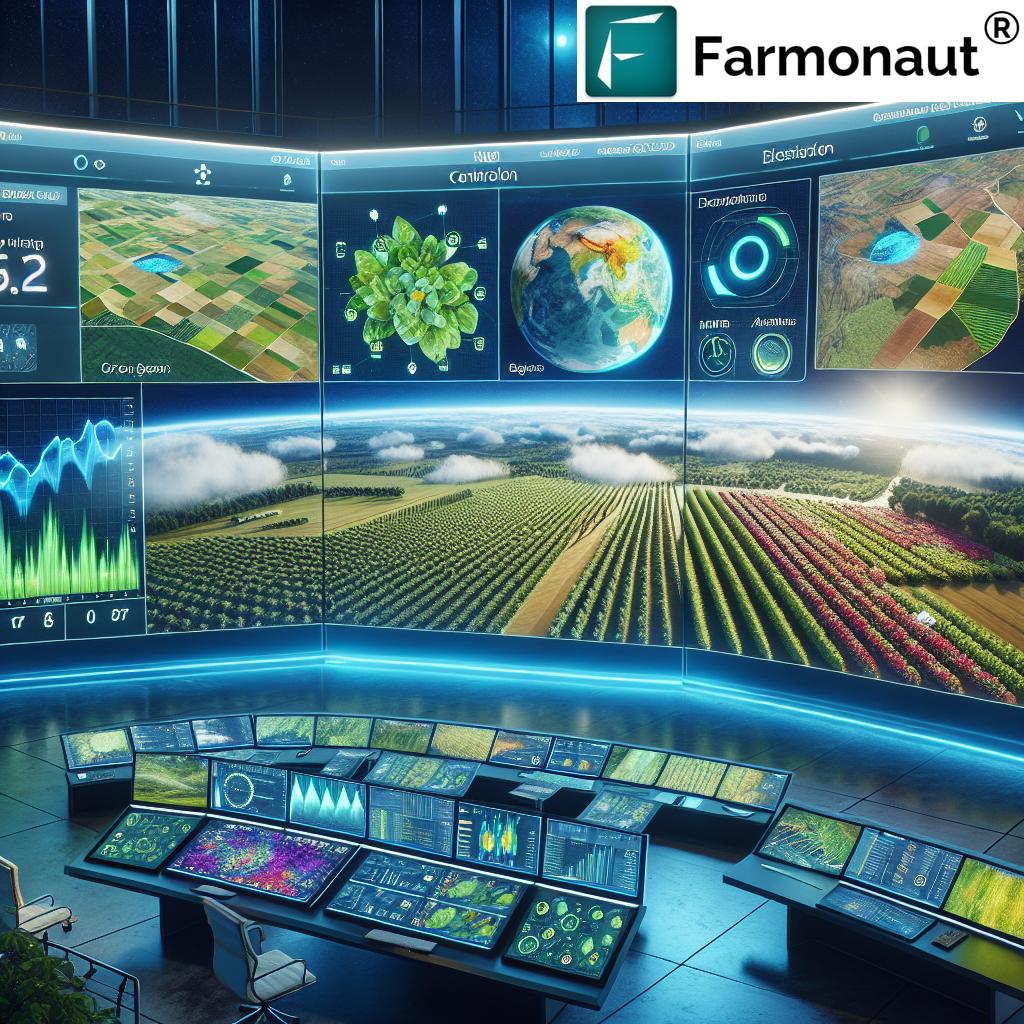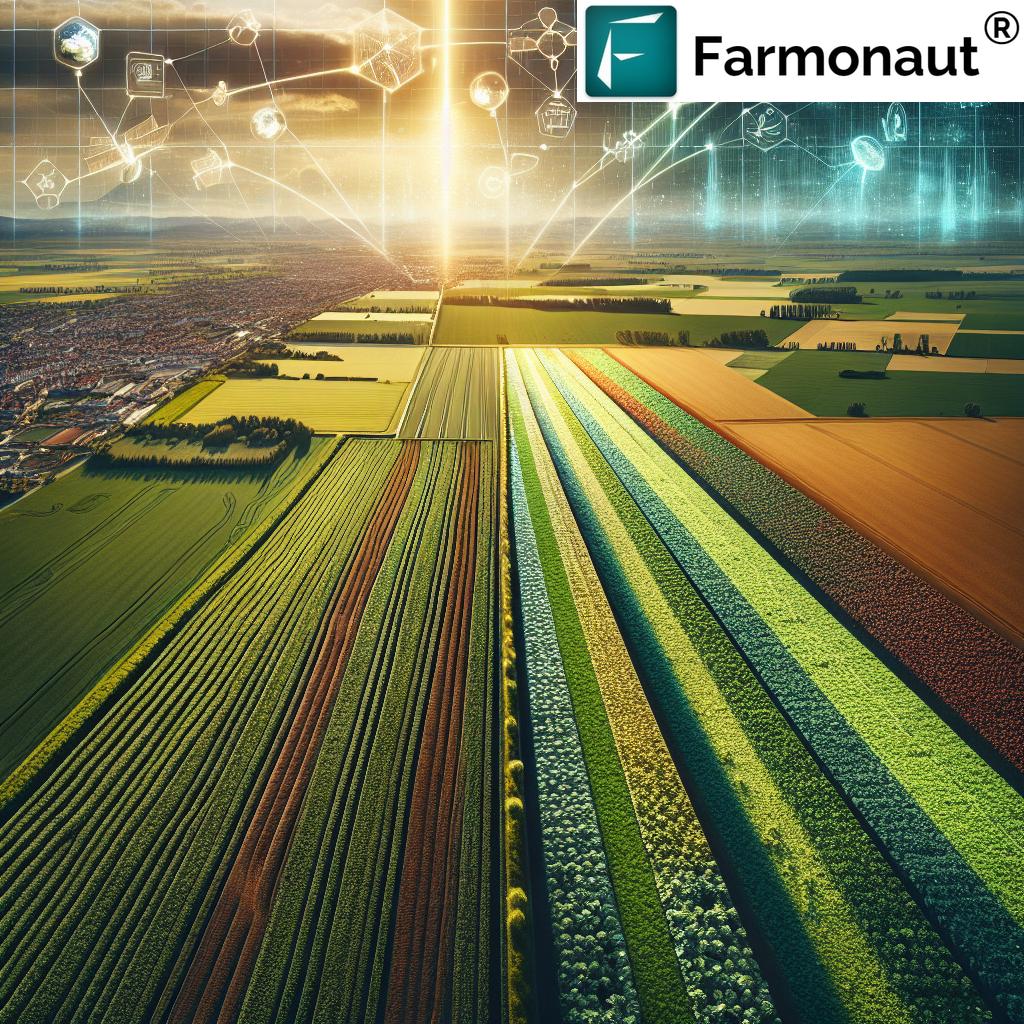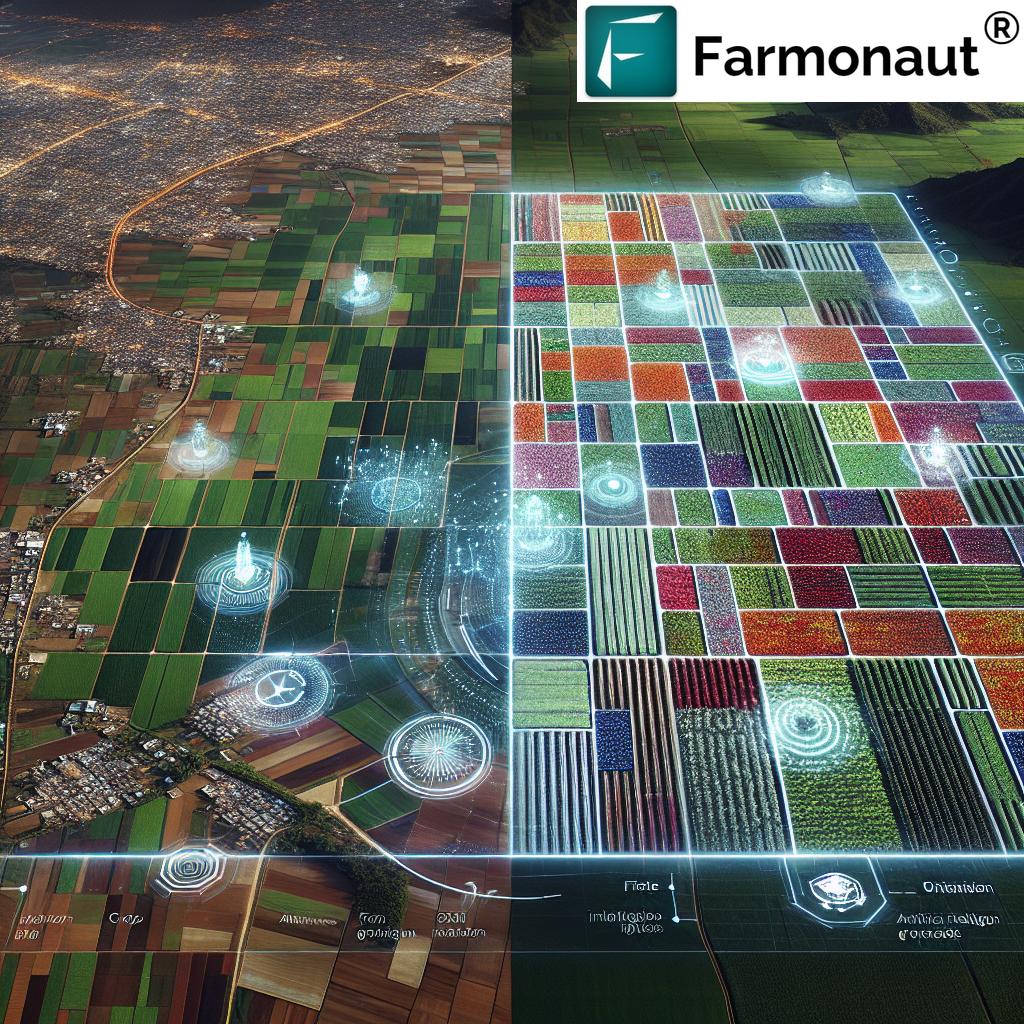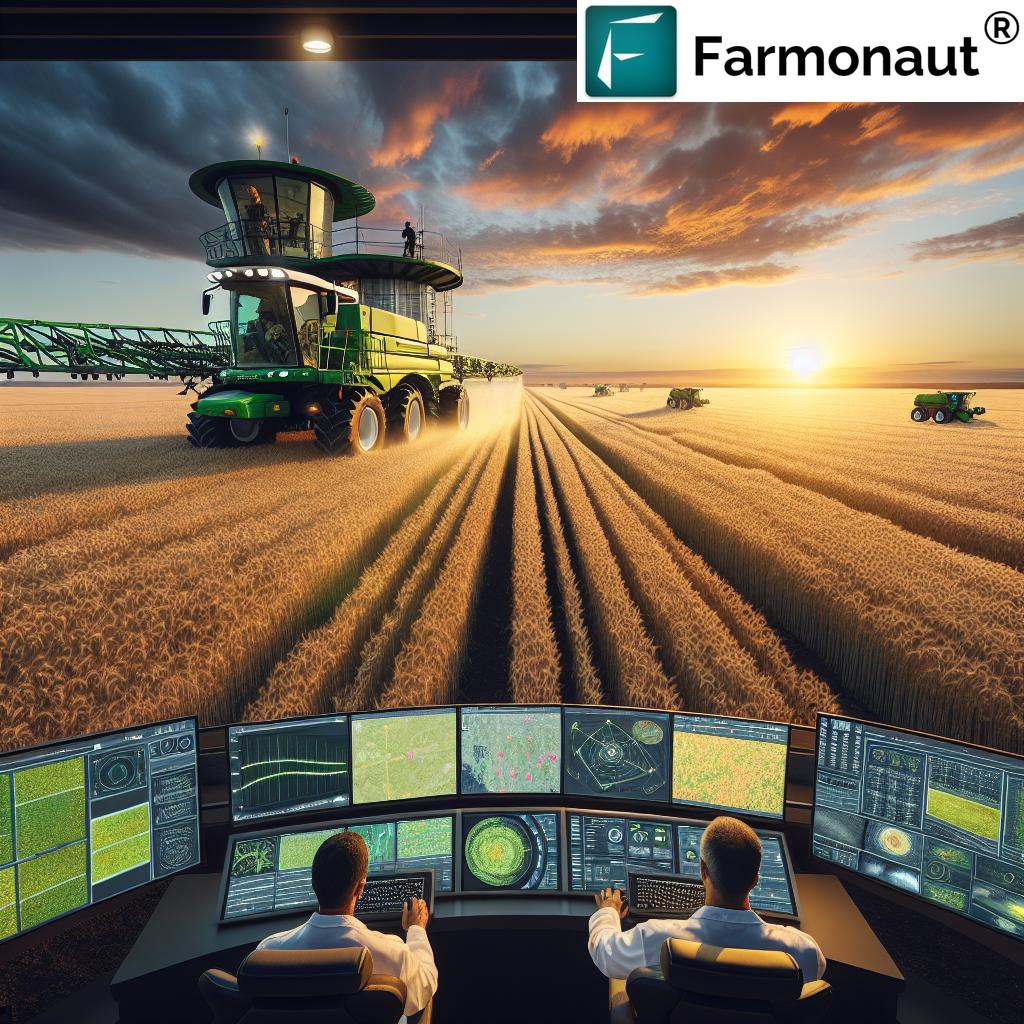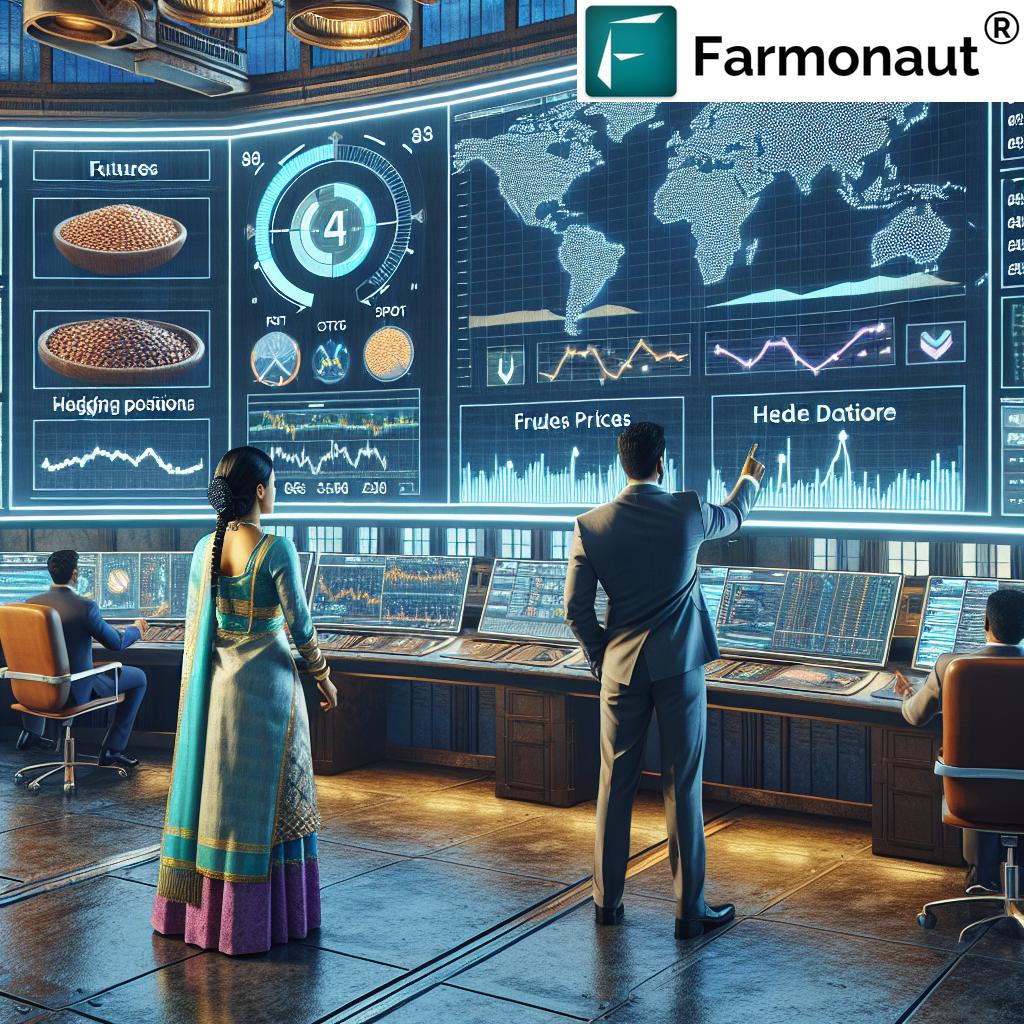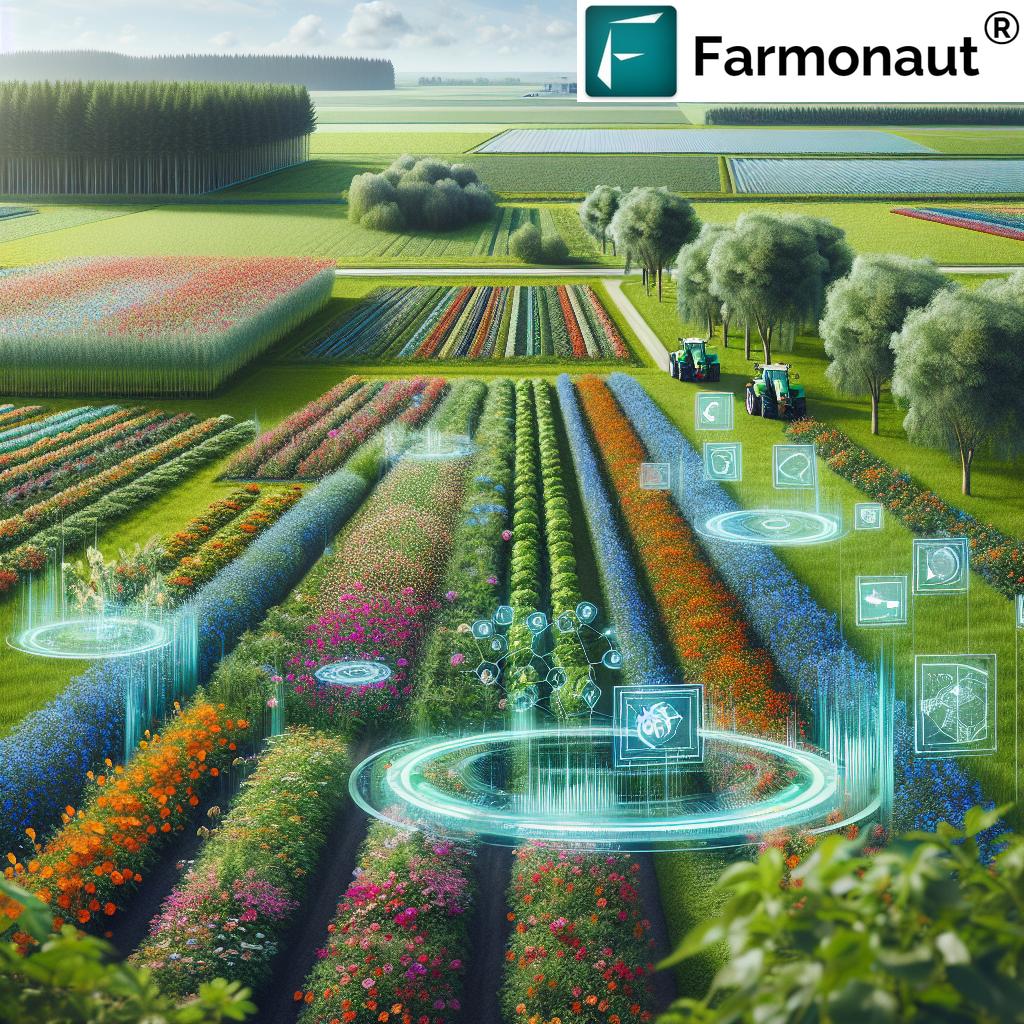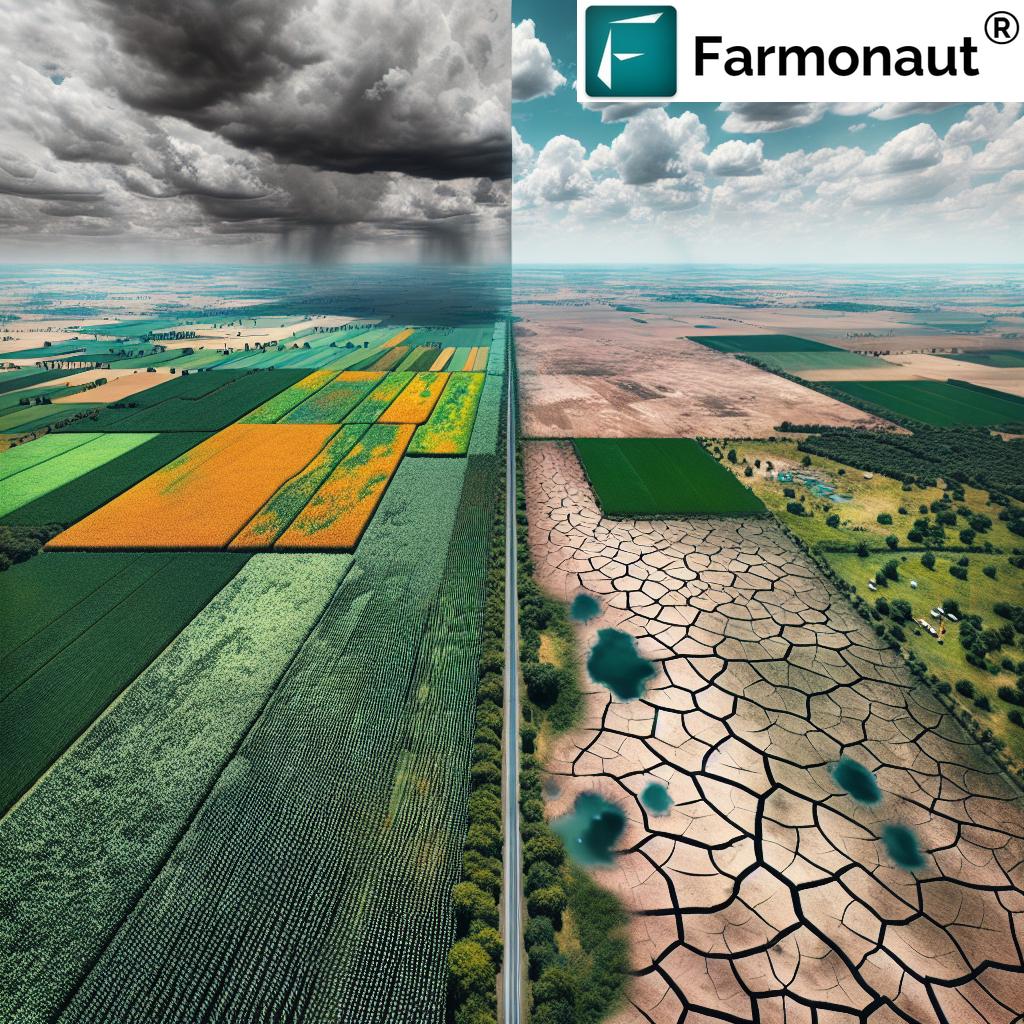“Funchal exported over 3,000 tons of sugar annually in the 15th century, earning it the nickname ‘White Gold Island.'”
Funchal Madeira Tourism: 7 Fascinating Facts on History and Culture
Funchal Madeira tourism offers us a captivating gateway to a city whose story is etched into the very fabric of the Atlantic world. As the thriving capital of Madeira island, Funchal seamlessly blends centuries-old history, breathtaking natural beauty, and a rich tapestry of evolving traditions and culture. In this comprehensive guide, we’ll journey through Funchal’s transformation: from its origins among wild fennel, through the rise and fall of the sugar cane trade, the golden era of Madeira wine production, to its status today as a dynamic, modern tourist destination.
Let us uncover how Funchal’s past has shaped its present, exploring fascinating facts on its historical milestones, agricultural innovations, resilient infrastructure, and the vibrant cultural events that keep its essence alive. Whether you’re a history lover, architecture admirer, food enthusiast, or traveler in search of inspiration, Funchal Madeira tourism promises an unforgettable journey through flavors and fortunes.
7 Fascinating Facts on Funchal Madeira Tourism, History and Culture
-
1. Funchal: From Wild Fennel Bay to Flourishing Capital
The very name “Funchal” is rooted in its botanical abundance. Portuguese explorers, led by João Gonçalves Zarco and Tristão Vaz Teixeira in 1419, were captivated by the wild fennel (“funcho” in Portuguese) crowding the sheltered Atlantic bay. The city’s name echoes this natural abundance, marking the beginning of a settlement that has witnessed an extraordinary transformation over six centuries.
Early settlers, with roots primarily in the Algarve, faced the daunting task of clearing the dense laurel forests. Yet, their efforts laid the foundation for what would become a thriving commercial hub—a characteristic that still defines Funchal Madeira tourism today.
-
2. The Sugar Cane Trade: “White Gold” and Funchal’s Economic Boom
The 15th century brought profound change as settlers realized that the island’s volcanic soils and mild climate were ideal for cultivating sugar cane. Sugar rapidly became Madeira’s most precious export. The extensive network of cane engenhos (plantations and mills) fueled an economic boom that transformed Funchal from a fledgling settlement into a prime Atlantic trading port.
Merchants from across Europe vied to trade for the “white gold” of Madeira, spurring the construction of infrastructure such as churches, noble residences, and essential fortifications—vivid reminders of the city’s prosperity and strategic importance. However, we must recognize that this economic success was marred by the labor of enslaved Africans, whose forced contributions shaped much of the city’s early growth.
-
3. Fortified for Survival: Defending Against Pirate Attacks
With great wealth comes great risk. Funchal’s prominence exposed it to frequent piracy and privateer raids. To protect the flourishing trade and local industry, renowned fortifications such as the São Tiago Fort and Palácio de São Lourenço were constructed. These bastions, strategically perched with sweeping views over the harbor, testify to the city’s resilience and its vital role in Atlantic defense networks.
Visiting these historic fortifications remains one of the most popular Funchal city attractions, offering us panoramic vistas and a tangible sense of the city’s tempestuous past.
-
4. The Birth and Triumph of Madeira Wine Production
As sugar cane declined in the late 16th century—outpaced by Brazil and the Caribbean—Funchal swiftly reinvented itself. Enter Madeira wine. The unique process, in which wines were found to improve after long Atlantic sea voyages, turned “Madeira” into a renowned global brand.
British merchants played a critical role, establishing powerful trading houses that shaped Funchal’s economic and cultural landscape. The city flourished as the epicenter of Madeira wine production, with exports—often exceeding 3 million liters annually—reaching far-flung corners of the world. Wine lodges and adegas from this period remain vibrant testaments to Funchal’s ingenuity.
-
5. The Rise of Tourism: Funchal as a Winter Retreat and Modern Tourist Hub
By the 18th and 19th centuries, Funchal’s mild climate and natural beauty attracted European aristocrats and international luminaries such as Empress Sisi and Winston Churchill. The arrival of steamships further enhanced accessibility, and luxurious hotels dotted the city’s sea-facing avenues.
Today, Funchal Madeira tourism is a cornerstone of the city’s economy, driven by a unique blend of history, culture, and spectacular scenery. Its reputation as an exclusive, rejuvenating destination persists, underpinned by ongoing investments in modern infrastructure Funchal.
-
6. Cultural Wealth: Festivals, Traditions, and Timeless Crafts
The city’s heritage is not just architectural, but vibrantly alive in its cultural events and daily traditions. From the renowned Flower Festival to local crafts like embroidery and wickerwork, Funchal’s traditions remain deeply rooted. These customs are celebrated and elevated through seasonal festivities, enriching the visitor experience and connecting us to the city’s artisanal soul.
Many of these time-honored crafts continue to be prized souvenirs for those engaged in Funchal Madeira tourism, supporting the local artisan community and bridging past with present.
-
7. Funchal Today: Embracing Modernity and Sustainability
The city’s journey has not been without hardship. Natural disasters—such as the 2010 floods—underscored the importance of robust, adaptable infrastructure. In response, modern infrastructure Funchal has been reinforced, with a growing focus on sustainable tourism initiatives to minimize environmental impact.
Efforts include promoting eco-friendly activities, investing in renewable energy, and enhancing waste management, all while preserving Funchal’s historical character. The city’s enduring importance as a cruise port and cultural crossroad continues, making it the beating heart of modern Madeira.
“Madeira wine from Funchal has been shipped worldwide since the 17th century, with exports reaching 3 million liters per year.”
Historic and Cultural Highlights Table
| Period or Event | Description | Estimated Date/Duration | Key Agricultural/Cultural Contribution | Impact on Funchal Today |
|---|---|---|---|---|
| Discovery & Founding | Settlement by Zarco & Teixeira, named for wild fennel (funcho). | 1419–1425 | Introduction of agriculture, initial settlement patterns | Establishment as Madeira’s capital and main port |
| The Sugar Cane Boom | Rise of sugar cane plantations; Funchal becomes a major Atlantic trading port. | 1450s–1560 | Annual exports of 3,000+ tons of sugar (“White Gold”) | Wealth that funded city infrastructure, churches, and defense forts |
| Piracy & Fortifications | Construction of São Tiago Fort and Palácio de São Lourenço | 16th–17th Century | Military architecture, city defense | Major city attractions and UNESCO candidate sites |
| Madeira Wine Ascendancy | Decline of sugar, shift to fortified wine as primary export | Late 16th–19th Century | 3 million liters+ annual wine exports; development of unique wine styles | World-famous wine cellars, mainstay of Funchal Madeira tourism |
| Tourism Emerges | Funchal becomes a winter destination for royals & elite | 18th–19th Century | Development of grand hotels, public gardens, spa culture | Modern tourist hub with luxury and wellness focus |
| Crafts & Festivals | Growth of embroidery, wickerwork, and annual Flower Festival | 19th Century–present | Iconic crafts with global reputation | Cultural events, shopping, artisan heritage |
| Modernization & Sustainability | Infrastructure upgrades, disaster response, eco-tourism push | 20th–21st Century | Urban renewal, green energy, sustainable travel promotion | Resilient, eco-conscious destination; strong global appeal |
Modern Infrastructure Funchal: Linking Past and Present
The city we see today is a harmonious blend of historical layers and forward-looking efficiency. The foundations laid during the sugar and wine booms are visible in the city’s winding lanes and grand architecture. However, the new millennium has ushered in dramatic improvements geared towards supporting modern tourism and local life.
- Robust Transport Network: Funchal’s roads, tunnels, and modern port ensure smooth connectivity for tourists and residents. Cruise ships from around the world dock here, supporting the local economy.
- Upgraded Accommodation: From historic quintas to luxury hotels built during the 19th-century resort boom, Funchal offers diverse stays—many with dramatic ocean or mountain views.
- Efficient Urban Services: Infrastructure investments in water, waste, and renewable energy have bolstered resilience against natural disasters, as highlighted by the city’s comprehensive response to the 2010 floods and landslides.
- Commitment to Sustainability: Funchal actively participates in eco-tourism, waste reduction, and sustainable energy projects, reflecting a growing awareness of the need to preserve the island’s natural resources while welcoming both visitors and locals.
As with any progressive city, data-driven and technology-led solutions are pivotal. For instance, platforms like Farmonaut’s carbon footprinting tool help monitor and reduce environmental impact—a priority for cities and agricultural regions alike in a changing climate.
Funchal City Attractions: Must-See Spots
Funchal’s unique blend of history, architectural highlights, and natural beauty makes it one of Europe’s most engaging urban destinations. Here, let’s explore some of the top sites you’ll want to visit:
- Mercado dos Lavradores: This bustling market in the heart of Funchal offers a kaleidoscope of local flavors, from tropical fruits to exotic flowers and artisan crafts.
- Funchal Marina & Old Town: The perfect setting for a stroll along the bay, brimming with cafes, galleries, and remnants of ancient city walls.
- São Tiago Fort: A former bulwark against pirates, now home to a contemporary art museum—revealing how historical sites find new life in a modern city.
- Madeira Wine Lodges: Step inside centuries-old wine cellars to sample and learn about Madeira wine production, a tradition tightly woven into the island’s identity.
- Botanical Gardens: The island’s abundance of exotic flora is celebrated in sprawling gardens ascending the city’s hillsides.
- Monte Palace & Cable Car: A panoramic ride that offers breathtaking views of the city, the port, and the wild blue Atlantic.
- Flower Festival: Timing a visit to coincide with this Funchal cultural event allows us to witness the city in full bloom, parading its agricultural and creative heritage for all to see.
If you’re passionate about food and agriculture, don’t miss learning about transparency in food supply chains. Farmonaut’s traceability solution harnesses blockchain technology to ensure that agricultural products—from Madeira’s sugar and wine to contemporary local produce—are tracked and verified, promoting trust and authenticity throughout the journey from farm to consumer.
Farmonaut’s Relevance to Funchal’s Agricultural Legacy
The legacies of sugar cane trade Madeira and Madeira wine production are resonant not just in Funchal’s architecture and traditions, but also in the evolving demands of precision agriculture and sustainable tourism. Today’s farmers and agri-businesses, both in Madeira and around the world, can dramatically enhance their efficiency and environmental stewardship by embracing technological innovation.
- Satellite-Based Crop Health Monitoring: Farmonaut uses the power of real-time satellite imagery and AI to help farmers monitor crop health, optimize water and fertilizer use, and reduce wastage—paralleling how plantation managers in historical Funchal sought the optimal growing conditions for sugar and grapes.
- AI-Based Advisory (Jeevn AI): Guidance on crop management, weather, and sustainable practices ensures that agriculture remains adaptive, reliable, and profitable on any scale, empowering both modern and traditional farming communities.
- Fleet & Resource Management: Tools for tracking agricultural vehicles and logistics improve cost efficiency, especially for large estates or coordinated wine production—explore more at Fleet Management.
- Crop Loan & Insurance Verification: Farmonaut empowers financial institutions with satellite-based verification to streamline loans and insurance—a leap forward compared to the centuries-old trade credit systems of historical Funchal. Learn more about secure agricultural finance.
- Large Scale Farm Management: Manage and monitor vast plantations via an integrated dashboard and remote sensing tools—ideal for large agri-businesses and cooperative estates. Discover Farmonaut’s admin solutions.
By providing cost-effective, accessible solutions to precision agriculture—from crop mapping to emissions tracking—Farmonaut embodies a future where tradition and technology work hand in hand to preserve the environment and increase resilience in agricultural regions like Madeira.
Leverage Farmonaut’s Satellite & Weather APIs for custom integration:
🌐 Farmonaut Satellite API |
API Developer Docs
FAQ on Funchal Madeira Tourism, History & Culture
What is Funchal famous for?
Funchal, the capital of Madeira, is renowned for its rich history rooted in sugar cane and wine trade, its beautiful port overlooking the Atlantic, vibrant cultural events such as the Flower Festival, and its role as a modern hub for luxury tourism and sustainable development.
Why is Funchal important to the history of Madeira?
Funchal has been the center of agricultural, commercial, and cultural life since the early 15th century. Its strategic location made it a vital port for the Atlantic trading routes, accelerating the island’s sugar and wine industries and fostering prosperity and international connections.
What is unique about Madeira wine?
Madeira wine is known for its exceptional durability and flavor, which improves with age—especially when subjected to heat during sea voyages. This unique wine is fortified, making it distinct and highly prized, and it continues to be a focal point of Funchal Madeira tourism.
What are some must-see attractions in Funchal city?
Notable Funchal city attractions include the Mercado dos Lavradores, São Tiago Fort, Monte Cable Car, wine tasting lodges, botanical gardens, and events like the annual Flower Festival.
How has Funchal adapted to modern tourism demands?
Through strategic investments in infrastructure—roads, ports, green spaces, and hotels—the city has effectively balanced historical preservation with the needs of a bustling tourist hub, incorporating sustainable practices and technological innovations.
Is Funchal a good example of sustainable tourism?
Yes. Funchal’s commitment to eco-tourism, renewable energy, carbon footprint tracking, and sustainable agriculture sets a benchmark in responsible tourism. Visitors can engage in low-impact activities and support conservation initiatives during their stay.
Subscribe to Farmonaut to Revolutionize Farming—Globally and Locally
Whether you are managing a family vineyard, administering a large plantation, or organizing a cooperative, precision agriculture tools are indispensable for raising productivity and promoting sustainability. Farmonaut, a leader in satellite-based farm management apps, brings real-time crop health, climate monitoring, AI insights, and much more to your fingertips. Choose from flexible subscription plans for individuals, agribusinesses, or government projects.
Conclusion: Funchal—A Living Tapestry of History, Agriculture, and Culture
Funchal Madeira tourism offers not just a vacation, but a profound journey through time and tradition. The city’s narrative is one of resilience—from the hard-won prosperity of the sugar cane trade to the global prestige of Madeira wine production, and right up to the innovations in modern infrastructure Funchal embraces today.
As we walk its cobbled streets, marvel at its churches, taste the legendary wines, and celebrate among vibrant cultural events, we become part of a living legacy—a tapestry woven from history, nature, and human ingenuity. And just as Funchal adapted through the centuries, fusing its agricultural roots with modern technology, we too can embrace the tools and knowledge to support sustainability and prosperity, wherever our own roots may lie.
Experience Funchal: relive its flavors, its fortunes, and its ceaseless drive for renewal. Whether you’re a global nomad or a passionate grower seeking agricultural insights, let the lessons of Funchal guide your journey to a more connected, resilient, and culturally rich world.

